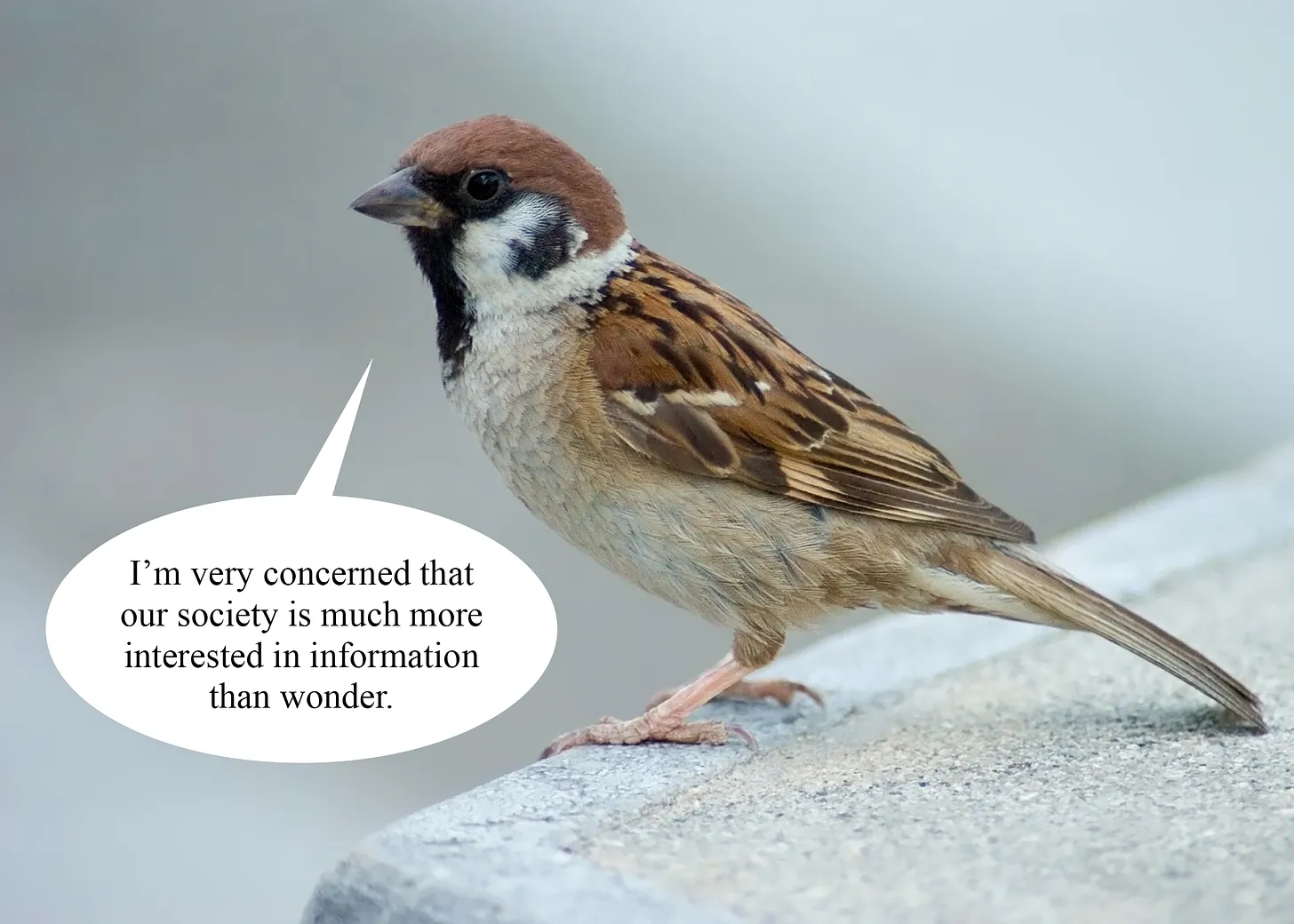

“PBS of the Internet” is about imagining a “PBS” — which stands for “Public Broadcasting System,” a non-profit serving the American public through its educational, cultural, and informative television programming — for the modern digital, networked age.
Today much of the internet is algorithmically driven, encouraging individualistic silos that drive commerce and entertainment. As humanity’s primary medium of communication today, the internet would benefit from more “PBS energy” — human, tasteful, and educational — for children and adults alike.
Utilizing broadcast media for public good is nothing new. The concept of broadcast media for public benefit began in the 1920s with radio, leading to the Federal Radio Commission’s focus on public interest, which eventually inspired PBS’s creation for television.
Some may know PBS for its important programs including “Mr. Roger’s Neighborhood,” which I remember watching as a child and enjoying for its curiosity, wonder, and kindness. When funding for public programming was on the verge of being cut in 1969, Fred Rogers testified before the senate, sharing, “In my program, I give an expression of care to each child. You’ve made this day a special day, just by you being you.”

Some visions for “PBS of the Internet” —
PBS does not produce its programs, but rather acts as a curator and distributor for its member stations. Similarly, I imagine “PBS of the Internet” to establish a vision and conversation, raise a fund, commission projects that fit its mission, and ultimately act as curator and distributor.
If the internet were a place, it might be a labyrinthine mall and library combined. It’s very information dense. I imagine “PBS of the Internet” to have more negative space, encouraging time and space to wonder and imagine. Is it a school? A garden? A library of light?
Whatever it is, maybe we can start simply. Where is the “PBS of the Internet” on your phone? It’s a special row of 4 apps that has “PBS energy.” Can you spot mine?
